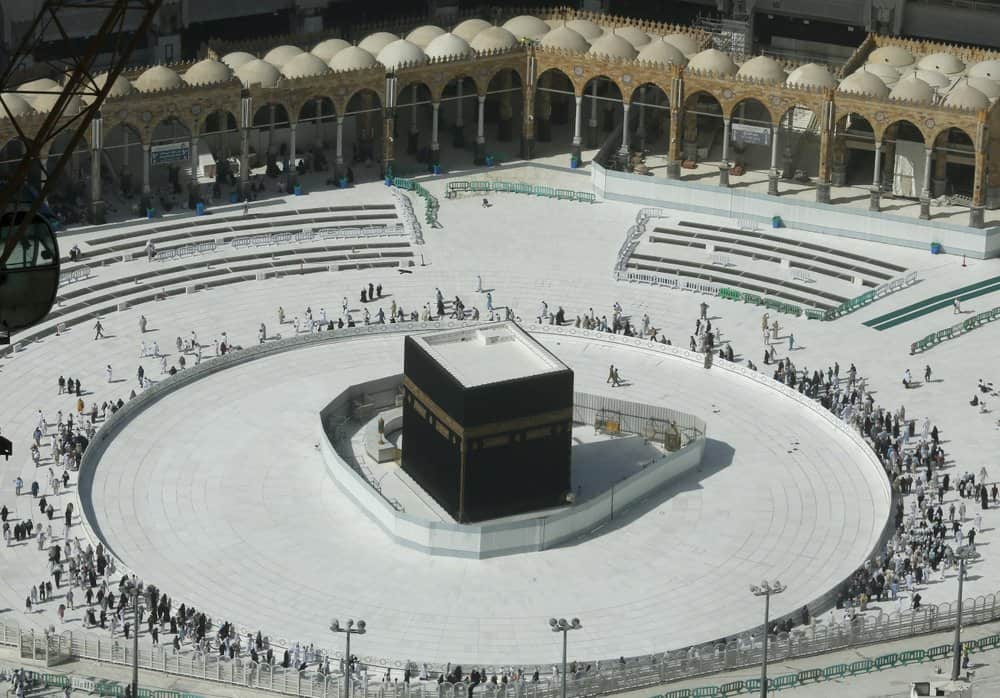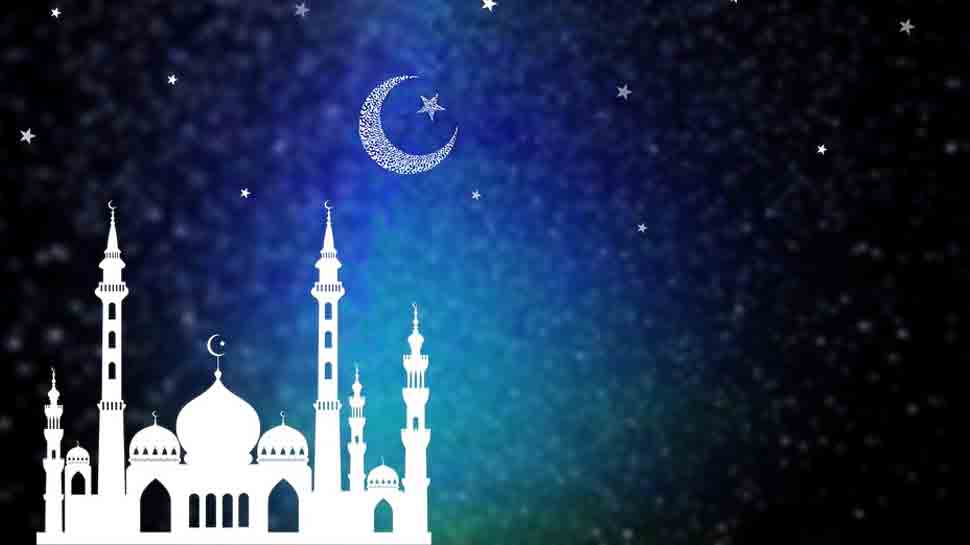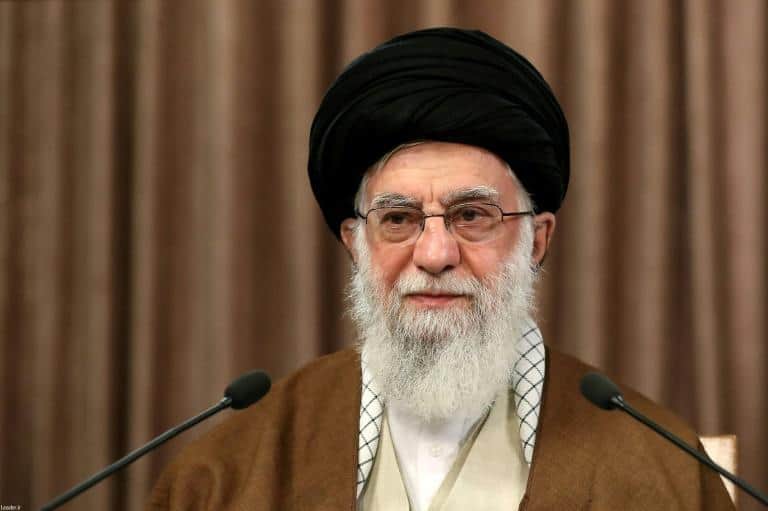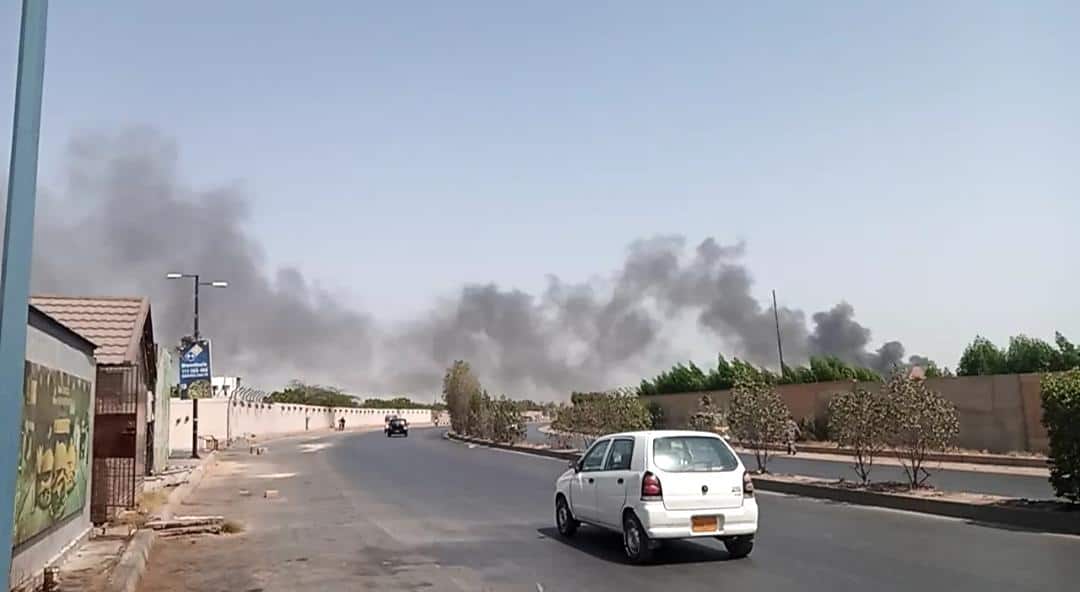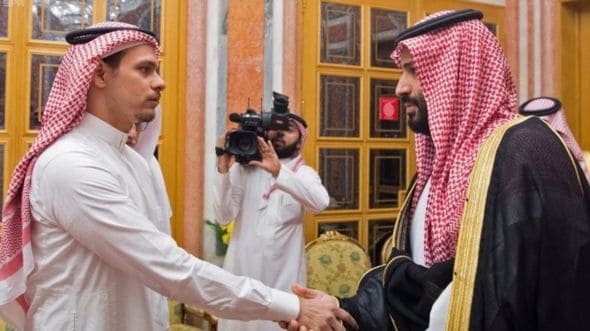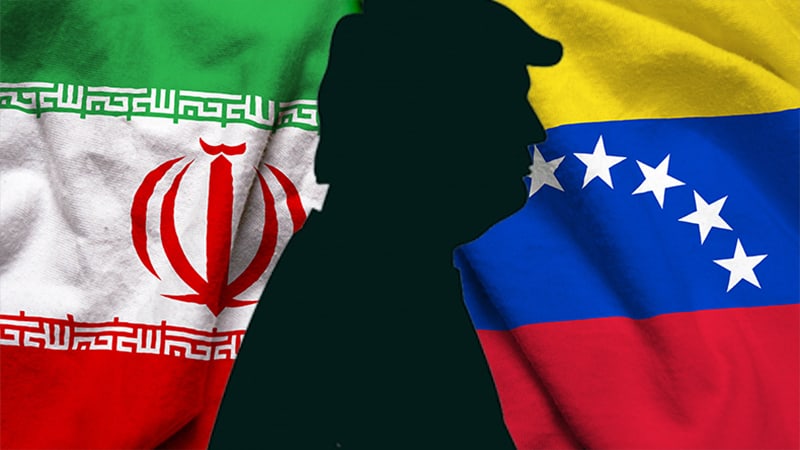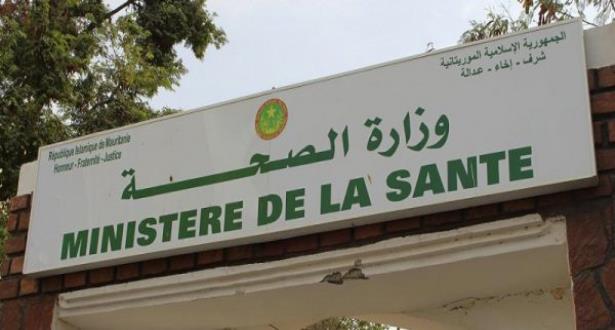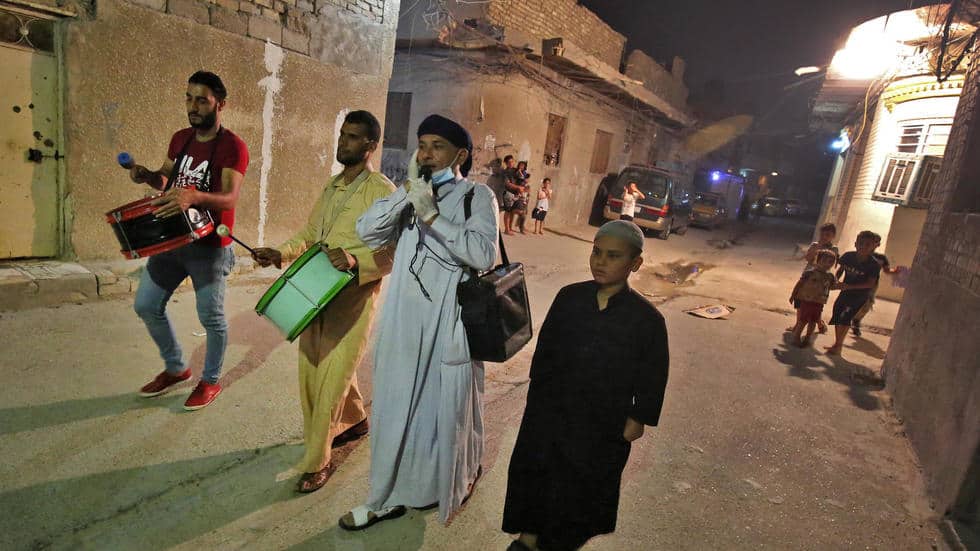Five Iranian tankers carrying millions of barrels of fuel are sailing into a political mess that is decades in the making. Iran is undoubtedly used to skewed media narratives and hostile neighbors, but it appears an act of solidarity between two countries has pulled Iran into a struggle more contentious than even Middle Eastern politics: In Latin-America it is not “all about religion,” it is about economics.
Iranian ships in the Caribbean
The US considers both countries as enemies, but the similarities stop there. Venezuela’s left-wing government and Iran’s theocratic rulers could not be more different, but the suffering caused by the intertwining of economic sanctions and the global pandemic has brought the two together to trade materials that each country needs.
The presence of Iranian tankers in the Caribbean sea has the United States “weighing options” over possible action against the Iranian trading fleet, which the US claims breaches its unilateral sanctions on Venezuela. Sanctions commonly apply to citizens and businesses of the sanctioning nation and its trading partners, yet the US expects Iran and Venezuela to follow its sanctions while trading among themselves, as if US policy were international law.
The tankers carry a commercial product for a legal trade, delivering nothing that possibly could threaten the US. The problem appears to be that Iran is interfering in a decades-long coup attempt.
Original sin
When people think of Venezuela, they often picture a communist state similar to a Soviet republic or North Korea. Instead it has free enterprise, a strong constitution, elections, a variety of opposition parties, and media that criticize the government at liberty.
The US considers Venezuela as threatening only because they have committed the ultimate sin: Venezuela nationalized its oil industry.
Venezuela was a poor country struggling with high unemployment and devastating poverty when in 1999, Hugo Chavez was elected on a platform of empowering the poor. In Venezuela’s oil industry, Chavez found the means to drag millions of citizens out of poverty.
Chavez expanded control over PDVSA, the country’s oil producer, and nationalized oil fields owned by Chevron, ExxonMobil and ConocoPhilips.
Fighting poverty
With the proceeds of Venezuela’s oil reserves–the largest in the world–Chavez created a social system that lifted unprecedented numbers of Venezuelans out of poverty by increasing literacy, building free housing for the poorest, and significantly increasing the minimum wage.
Disappearing commercial oil profits and increased state control over prices created resentment. This translated into increased US influence in the Venezuelan business community and its right-wing politics.
Right wing Venezuelans, often with US backing, launched media channels that vehemently opposed Chavez and attempted to change public opinion.
First coup attempt
Chavez’ move away from neoliberal economics had endeared him to many and made him an enemy of US interests and a target for economic sanctions.
A 2002 coup attempt by the Bush administration led to Chavez’ capture by a US-backed group of Venezuelan generals. Following the arrest, citizens flooded the streets and surrounded government buildings to demand Chavez’ release.
Chavez was back in power within days and the US learned that Venezuelans did not in fact hate their leader.
Chavez’ opposition in government consisted, as it does today, out of a variety of parties that offer varying criticisms against the government. The country’s right now comprises two factions: One that wishes to engage with the socialist government, and one that aims to overthrow it.
Impoverishing the country
When it appeared the US coup had failed, an economic protest of the country’s right wing prepared to bring the national oil industry to its knees. While most mainstream media channels conclude that Venezuela’s oil industry collapsed through “mismanagement,” it was actually a deliberate act of sabotage combined with tough economic sanctions.
Following the failed attempt to overthrow Chavez, the country’s right wing announced an “indefinite strike” that ground its oil industry to a halt.
The strikers demanded nothing less than Chavez’ resignation but had limited support outside of the country’s wealthiest. While the oil industry and shops in rich neighborhoods were shuttered, working-class areas of Caracas continued life as normal.
Crippling Venezuela’s oil industry
In the end the strike cost Venezuela an estimated $13.3 billion, increased unemployment from 15% to 20%, and kneecapped the oil industry. In order to regain control and restart oil production, Chavez fired one oil executive after another until in the end, the industry found itself depleted of much of its know-how and technical skill.
While Chavez had regained control over PDVSA, it would never again churn out the same revenue.
The result of a handicapped oil industry and lower oil prices meant less revenue for the regime. The slow decline of Venezuela’s wealth continued until 2013 when Hugo Chavez died of cancer. Global oil prices crashed the following year, further drying up state income.
What followed was increasing poverty and a common realization that Nicolas Maduro, who Venzuelans had elected as Chavez’ successor, was less of a visionary than his late mentor.
The rise of an unknown politician
Years of shrinking budgets and decreasing oil income had left many Venezuelans impoverished. With Maduro deemed unpopular enough, the US made a further attempt at overthrowing the country’s socialist government that had won every election since 1999.
In order to do that, the US picked an unlikely candidate, the virtually unknown Juan Guiado who represented the impoverished Vargas area where he won his seat in 2015 with 26% of the vote.
Far from being well-known, only 20% of the population said they knew his name before the 2018 elections.
Leader of the opposition
After Maduro won the 2018 elections, the opposition parties settled on a rotation deal to establish who would be the opposition leader. Each party in turn would pick a leader, with another party taking over the following term. Juan Guiado became the leader of the opposition as the first in the rotation. Guiado’s party had earned 14 out of 167 seats.
Then, out of nowhere, Juan Guiado proclaimed himself president of the country. Citing the rights embedded in article 233 in the Venezuelan constitution, he stated that Maduro had ‘abandoned’ the presidency and he was the rightful successor as leader of the opposition.
Maduro, still very much in power, likely scoffed at Guiado’s suggestion but before he knew it, dozens of countries were pronouncing the unknown politician from Vargas as the de-facto democratic representative of the Venezuelan people.
Orchestrated recognition
Within minutes of Guaido claiming the presidency, the US released a statement recognizing Guaido as the rightful president of the country who would save democracy from the tyranny of Maduro. The fact that Maduro had been elected by a majority, and that Guaido was barely known or supported, had little bearing on the new truth as the United States and its Latin-American allies proclaimed a victory of liberal democracy over dictatorship.
The 2018 elections were declared illegitimate, an assertion that was quickly copied in major news-outlets around the world. The fact that the UN had been invited to monitor the elections received no coverage, as the invitation had been rejected at the request of the Venezuelan opposition.
The Venezuelan political right had long boycotted elections when polling showed they would lose, but this time several right-wing candidates competed for the presidency. Without the UN legitimizing the results, they would be able to either claim victory or present the elections as an unverified sham.
Popular support?
But Guaido had not even been on the ballot in the elections. Although many were tired with Maduro’s clumsy rule, they liked a return to neoliberal capitalism even less. So, what was supposed to have generated a groundswell of support and a shifting of allegiances within the military, instead petered out with little result.
One thing Juan Guaido did get away with, was a vast part of Venezuelan wealth. While the US provided $52 million in support for Guaido, some of Venezuela’s funds stored abroad were being handed to the ‘internally recognized president’ Guaido, with little oversight.
UK banks are blocking the sovereign country of Venezuela from accessing its gold reserves in London but some contemplated handing all of Venezuela’s foreign assets to the young politician.
International president, local parliamentarian
Even though Maduro continued to rule Venezuela, internationally Guaido was treated as the leader of the country under the banner of liberal democracy. Inside the country, however, the popular uprising that the US had hoped would grant their candidate legitimacy, never materialized.
It appeared that the intended revolution would turn into a legal battle over ownership of Venezuela’s foreign assets, while Guaido and his allies explored new strategies.
During this process, the Venezuelan opposition was preparing for the agreed upon rotation in leadership. The opposition that Guaido claimed to lead followed the agreement and elected Luis Parra to be the next leader of the opposition.
But Guiado was not going to let democracy slow him down: He staged a mock swearing-in ceremony at a right-wing newspaper’s office and proclaimed himself leader of the opposition for a second term.
Unfortunate signature
In Venezuela’s messy politics, Guaido was now claiming the leadership of both the country and the opposition, despite both positions being filled by elected candidates. On paper, Guaido is still the representative for Vargas who holds one seat in parliament.
But as internationally recognized interim leader of Venezuela, he continued to explore ways to claim his throne as his team strategized from their US headquarters.
While many options must have crossed the team’s desk, there was one from a small Florida-based security firm called ‘Silvercorp USA’ that they would have rather skipped over in hindsight. The agreement Guaido’s team made with the small security contractor would cause much embarrassment.
Clumsy coup
Silvercorp USA is a small security firm who’s largest claim to fame was providing security at a Trump rally in 2018 and doing security for a 2019 concert in support of Guaido in Colombia. But Silvercorp’s big break came after meetings with Guaido’s strategy committee where they discussed plans to overthrow Maduro.
According to Vox reporting, Guaido’s committee settled on Silvercorp because of their low fee, for $1.5 million in start-up costs and an eventual $213 million from Venezuelan oil revenues.
But failed preparations and wavering support for the mission resulted in an embarrassing failure of a mission in May 2020, resulting in two captured American veterans and a whirlwind of mocking media coverage.
Guaido distanced himself from the coup attempt until it was revealed that his signature was on Silvercorp’s contract, and the security firm’s lawyers started contacting Guaido in search of payment of the promised $1.5 million. He now claims to have been interested initially but withdrew later, why the contract was not annulled, few have asked.
COVID-19 response
In the midst of coup attempts and crippling sanctions, Venezuela has had to deal with the coronavirus pandemic. The Maduro government continued its approach in prioritizing the poor and froze rent payments for six months, made lay-offs illegal as it implemented preventative measures. Venezuela’s bottom-up economic stimulus stands in stark contrast to most nations who have, instead, opted for a top-down approach where stimulus is aimed at businesses.
But Venezuela’s ambitious plan needed money, so the country applied for a COVID-19 loan at the IMF. The IMF denied the request, stating that it was unclear who the nation’s leader was.
A call from the international community to lift the tough economic sanctions during the pandemic was ignored and Venezuela was left with few options but to improvise.
That improvisation led it to working with another target of the US, Iran. Iran was willing to provide Venezuela with chemical catalysts and petroleum to help restart its oil industry.
International complicity
The problem with Venezuela appears to be that everyone plays along with the geopolitical idea of an unelected interim president that represents a chance at democracy in Venezuela. By echoing US opinions on Venezuela, quality media outlets have regurgitated messaging that paints the country as a communist dystopia.
From CNN to the BBC, opinions are one sided and fail to recognize the economic factors that put pressure on Venezuela’s economy and incentivize the US to prod further. Donald Trump’s advisor called Venezuela part of a “troika of tyranny,” grouped with Nicaragua and Cuba.
That those three countries at the time were the last remaining left-wing countries in the Americas is rarely noticed.
Al Jazeera featured a 25-minute program on the failed coup attempt in 2020 and invited first Guaido’s personal advisor, followed by three supporters who reconfirmed his claim to the presidency and his lack of involvement in the bungled coup attempt.
While some voices continue to try to provide context and detail, the demonization of Venezuela has left it with few friends.
Then, one of those friends decided to send tankers full of petroleum to Caracas, and became entangled in the confusing whirlwind that is Venezuelan geopolitics.


